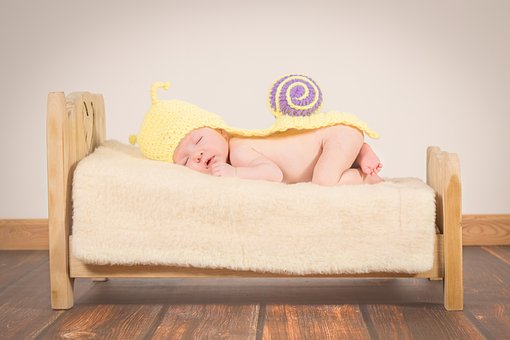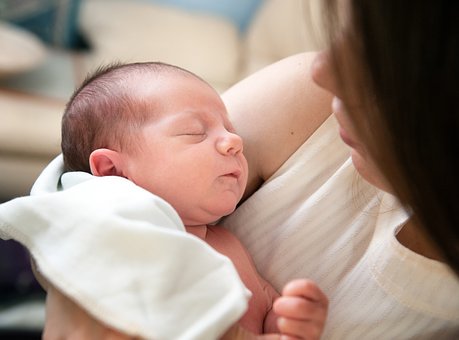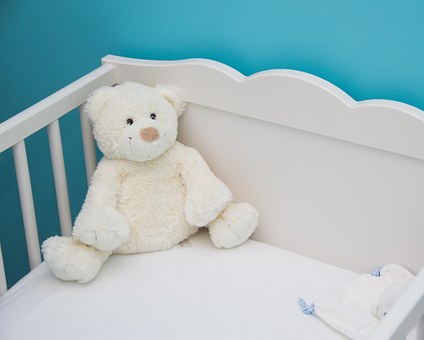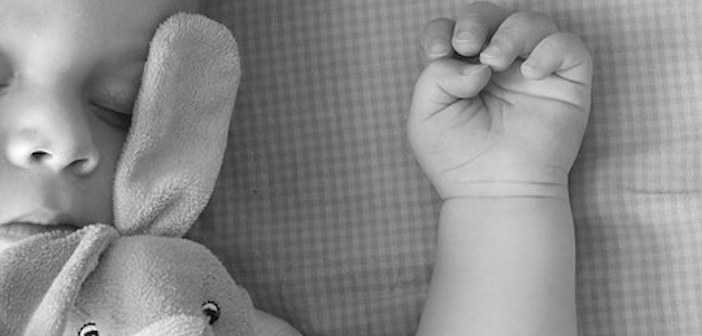When I was pregnant I had a number of questions, most of which centered about the topic of baby’s sleep. Sleepless nights are to be expected when expecting and when a newborn arrives in the home. However there are definitely tried and tested practices that new mothers can put in place in order to soothe baby to sleep faster and extend sleep time for both mommy and baby.

Neglecting sleep cues
Newborn babies cry to communicate a need. When my little one first arrived, I would run havoc anticipating and figuring out what his every need was. Babies often provide different signals that can let mommy and daddy know that they need feeding, changing, and of course when they need to sleep. For a tired baby, signals for sleep can vary from sucking on fingers, to rubbing eyes, and yawing. Observe your baby and get familiar with their particular cue for sleep.
Remember that keeping a baby awake during the day in order that they get a better night sleep is a myth. Naps are extremely important for baby’s development and keep them from stints of overtiredness, making it easier for them to settle on an evening.

Not having a sleep routine
This one is for the little ones and us! Having a sleep routine winds the body down and prepares it for deep slumber. This one I was pretty good at putting into practice, but not so much for myself. I would start baby’s bedtime routine, with a warm bath, a warm bottle, a classical or jazz playlist (courtesy of Alexa and her baby sleep time playlists), and some white noise in the bedroom once the music is turned off.
Doing something similar on a regular basis sets your baby’s internal clock, helping them to fall asleep much easier. Try not to let baby fall asleep before all of these activities are done. Encourage baby to form the habit of sleeping asleep on their own by sitting him down in the crib, or if you’re co-sleeping, in the bed, just as he becomes drowsy. My personal tip is to buy a diffuser and use essential oils like lavender to help soothe baby and associate sleep time with particular fragrances, which also have holistic benefits for baby’s mind and body.

Turning the crib into a playroom
We are always told not to eat where we work and if like me, you often work from home, the golden rule is to separate your workspace from your leisure or rest areas; the same goes for babies for better play and sleep association. Try not to do other activities such as play in areas where your baby should sleep. The crib should be void of toys and other stimuli that will keep baby occupied with other than sleep. Consistency is key and don’t forget to turn off the TV; the flashing lights, color, and noise is a distraction for you and baby.
While my mom was staying with my family to help with my little one while he was a newborn, she would constantly remind me not to tiptoe around, once baby was asleep. Your baby is perfectly equipped to become familiar with the usual sounds at home and sleep right through them. I go in and out my baby’s sleeping area with ease while he sleeps and continue the evening as normal.

Relying on sleep crutches
I am still trying to get to grips with doing better when it comes to depending on a number of sleep crutches. Mine happens to rocking and used to be combined with nursing. Other objects like pacifier, bottled milk, or stuffed animals can also become crutches dressed up as hacks. It’s no good in the long run because they cultivate a habit of dependency.
Try and phase out these sleep crutches and replace them with sleep associations like the ones I mentioned above. Set the tone and ambiance for your baby’s sleep environment – darken the room, play music or white noise, diffuse essential oils, and even thumb sucking can help baby, even when awoke during the middle of the night, to sleep on his own. This will help baby and you have a good night’s sleep. Here’s to pleasant dreams and sound sleep for mommies and daddies!
Photos: Pixabay




